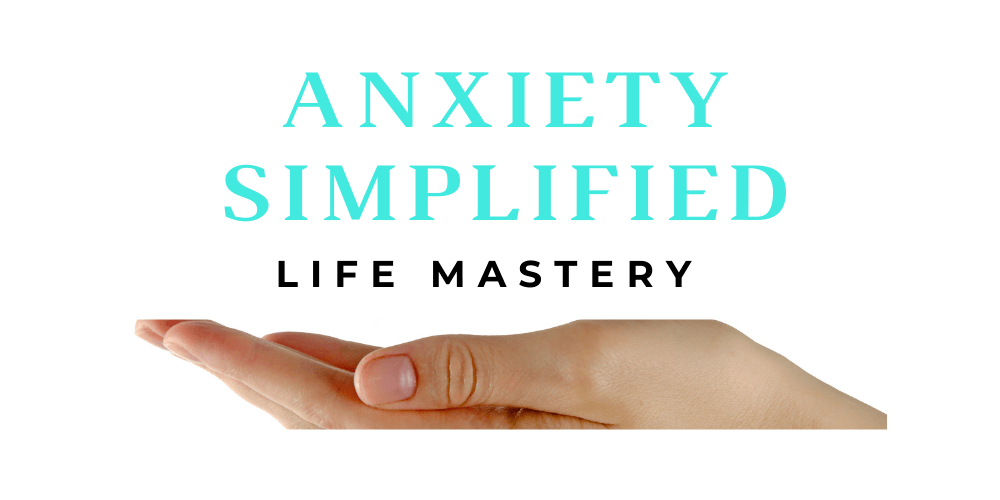Podcast (Audio Only)
Calm yourself within minutes with a Simple Breathing Technique that is the key to wellness
In this episode Joanne Williams, LCSW discusses the Vagus nerve and how to use to it to lower BP, heart rate, depression, anxiety, PTSD and other stress responses. And dozens of other medical issues.
Summary of Todays show: 7 ways to increase your Vagus nerve activity Go from fight-or-flight into rest-and-digest within minutes told by scientists
We will do an actual demonstration of how to activate this critical nerve to help you calm yourself automatically.
This is the most important Podcast I have ever done because I think it is THE answer to stress and anxiety.
I have been studying the Vagus nerve for almost a year. Once I heard about its possible calming effects on anxiety, PTSD and depression, I was hooked to find out more.
I shared a clients almost magical results.
“The mysterious nerve network that quiets pain and stress — and may defeat disease.”
This is about activating a complicated system of a network of nerves that connects the brain to the heart, the gut, the immune system, and many of the organs. That system is known collectively as the vagus nerve.
These nerve networks act as lines of communication between the brain and the body’s many systems and organs. Some of the cranial nerves interpret sensory information collected by the skin, eyes, or tongue. Others control muscles or communicate with glands.
Experts have linked its activity to symptom changes in people with migraine headaches, inflammatory bowel disease, depression, epilepsy, arthritis. The more science learns about the nerve, the more it seems like a better understanding of the vagus nerve function could unlock new doors to treating all manner of human suffering.
These are some of the medical conditions relation to the Vagus nerve: from an article How to go from fight-or-flight into rest-and-digest within minutes, as told by scientists in another study by Alan Trapulionis
- We know that the Vagus nerve cools down the inflammatory responses
- We know that the vagus nerve helps strengthen our memory
- We know that the vagus nerve controls our heart rate
- We know that the vagus nerve releases the ‘chill out’ hormone
- Vagus nerve can help with Vasovagal syncope
- Better blood sugar regulation
- Decreased risk of stroke and cardiovascular disease
- Generally lower blood pressure
- Better digestion due to proper production of digestive enzymes
- Fewer migraines
- Less depression
- Less anxiety (they naturally deal with stress better)
Pick almost any common medical condition that’s made worse by stress or inflammation — everything from arthritis to inflammatory bowel disease — and there’s research showing that vagus nerve stimulation can help treat it or relieve its symptoms.
While some aspects of vagal activity, it’s clear that the nerve is the governor of the parasympathetic nervous system, which helps control the body’s relaxation responses.
In simple terms, heightened vagal activity counteracts the stress response.
Silberstein says that heightened vagal activity slows heart rate and also switches off inflammation, in part by triggering the release of immune system calming chemicals. Acetylcholine a calming hormone.
The Vagus nerve may actually be what they call “the missing link” to treating chronic inflammation that can cause a variety of other issues— like high blood pressure, migraines, digestive issues and any inflammatory related things like arthritis etc.—all without medication!
Apart from being able to relax faster after stress, people with a high vagal tone have overall better functioning internal systems including:
- Humming-
- Speaking, Singing and laughter.
- Wash your face with cold water
- Yoga
- Meditation
- Increase Good Gut Bacteria
- Breathing deeply using your diaphragm
For all its complexity, the vagus nerve seems to have a relatively simple role: to calm us down.
Otto Loewi, a Nobel prize winner, first discovered the “chill hormone” acetylcholine during a medical experiment.
In 2018, two researchers from the Netherlands have found that slow-breathing techniques with longer exhalations stimulate the vagus nerve. “Longer exhalations” means that your exhalations are longer than your inhalations ad this allow the chill hormone to be released.
In a set of inhales though the nose to the count of 4 and exhales out through the mouth to the count of 8 -4 times as one set. One study I read said that doing this 1 set 3x per days or 25 sets in 8-9 days can actually get the Vagus nerve to continue to secrete the calming chemical automatically, but why would you stop a great habit and feel calmed on demand.
Practice this 4 and 8 breathing to help it calm you.
This is by no means a replacement for therapy of any medical attention if you need it. Always reach out and take care of yourself or if you are feeling like you want to hurt yourself, there is always someone standing by at 1800-273-8255 or call 911.
From this article in Medium by Markham Heid titled
https://elemental.medium.com/science-confirms-that-the-vagus-nerve-is-key-to-well-being-c23fab90e211 Dec 19, 2019·5 min read Science Confirms That the Vagus Nerve Is Key to Well-being
Join us for Our next podcast: Relationships and Anxiety
See other podcasts at AnxietySimplified.net

